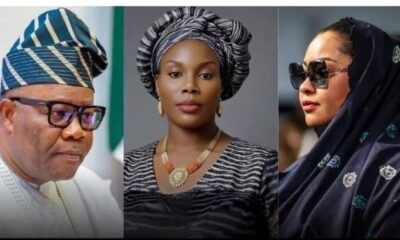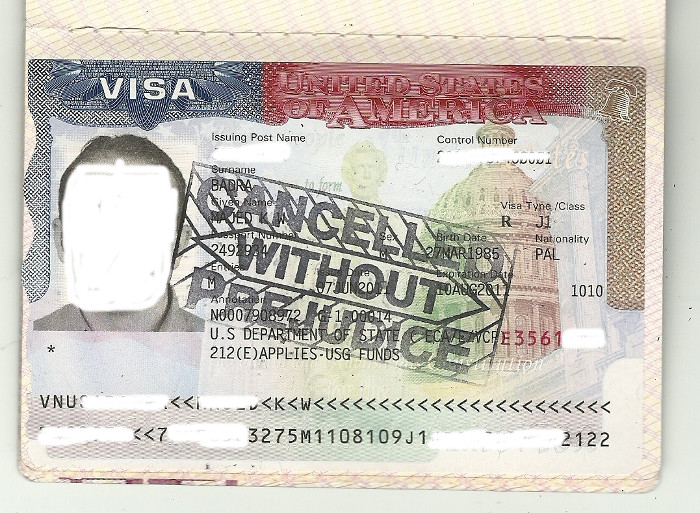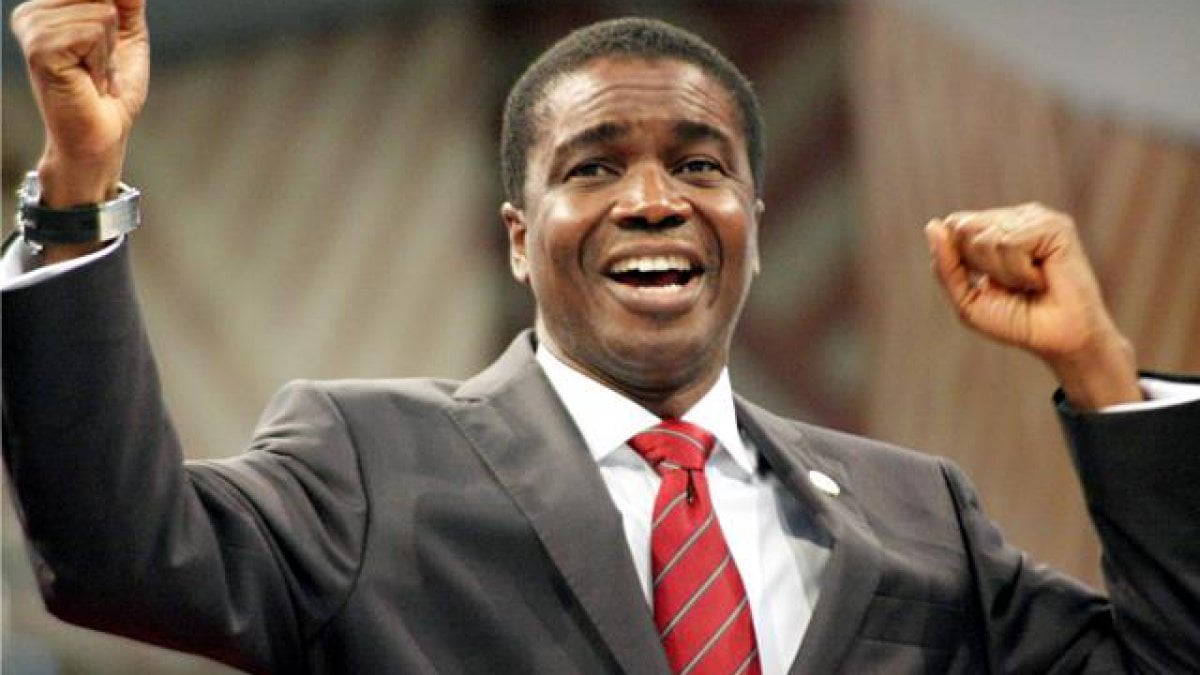World
Australia bans under-16s from social media

In a world-first move, Australia’s parliament has approved legislation to prohibit children under 16 from accessing social media platforms, sparking both praise and concern.
Prime Minister Anthony Albanese has pointed to a “clear, causal link between the rise of social media and the harm [to] the mental health of young Australians” as the driving force behind the law.
The bill, which passed the Senate on Thursday by 34 votes to 19, imposes fines of up to AU$50 million (US$32 million) on companies failing to comply.
However, critics have raised alarms over its potential to push teens toward risky online spaces, such as the dark web, and over the absence of clear implementation details.
READ ALSO :Teenage rapper mistakenly shoots self dead while filming social media video
The law, set to take effect in 12 months, mandates that platforms ensure users are 16 or older, but specifics on enforcement will be developed through trials of age-assurance technology, expected by mid-2025.
While platforms like Snapchat, TikTok, Instagram, and Facebook are expected to fall under the ban, YouTube is excluded due to its “significant” educational use, according to Communications Minister Michelle Rowland.
Despite public support—77% of Australians back the law, according to a YouGov survey—advocacy groups, academics, and even tech billionaire Elon Musk have voiced concerns. Musk described the bill as potentially a “backdoor way to control access to the internet by all Australians.” Amnesty International argued that isolating young people could worsen their mental health, and 140 experts signed an open letter warning the law might be “too blunt an instrument” to address online risks.
Criticism has also focused on the rushed legislative process, with the bill receiving over 15,000 submissions in just one day, many echoing Musk’s comments. Advocates for mental health, including Suicide Prevention Australia’s Christopher Stone, urged the government to consult more extensively with stakeholders, emphasizing, “Complex issues like this require careful consultation and consideration, not shortcuts.”
Australia’s Human Rights Commission has also expressed reservations, citing concerns about potential infringements on the rights of children and young people. Meanwhile, opposition parties have pledged their support, promising faster implementation if elected.
As debate continues, Independent MP Andrew Wilkie noted the absence of young voices in the discussion, writing, “The voices of children and young people have been conspicuously missing from most of the debate and commentary.”
This landmark law highlights the tension between safeguarding young people online and ensuring their rights and access to digital spaces are preserved. How effectively it achieves its goals remains to be seen.























